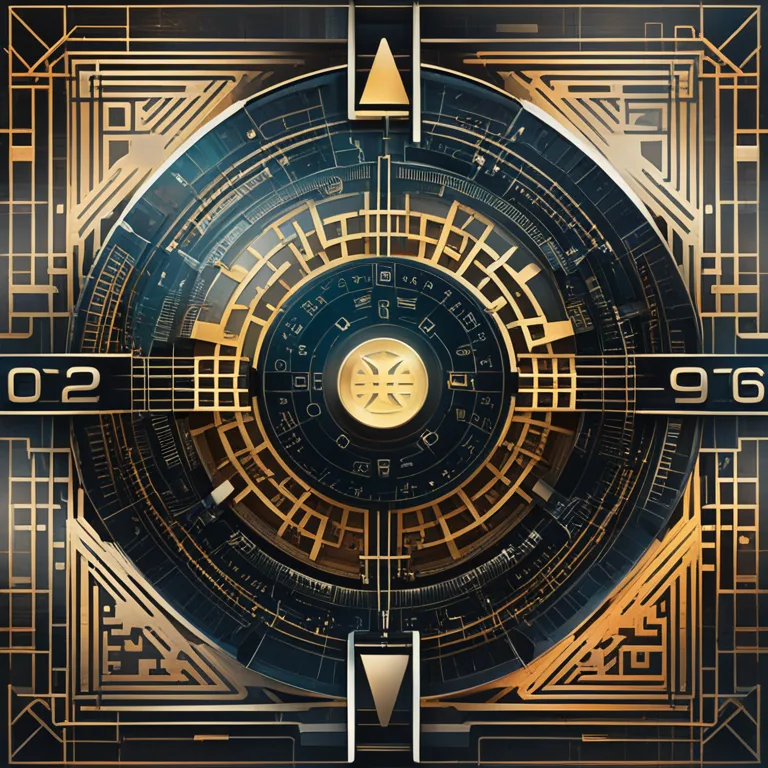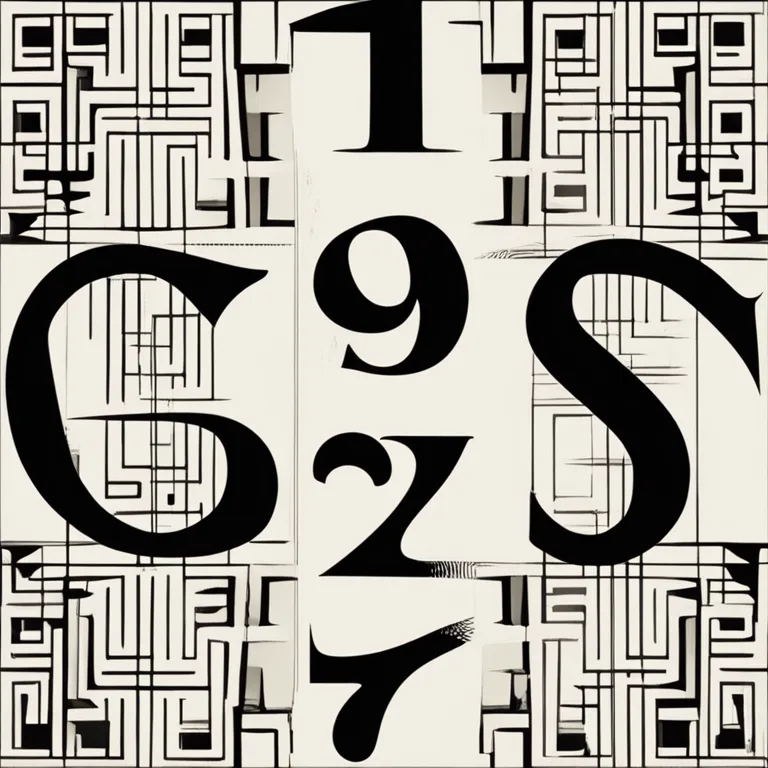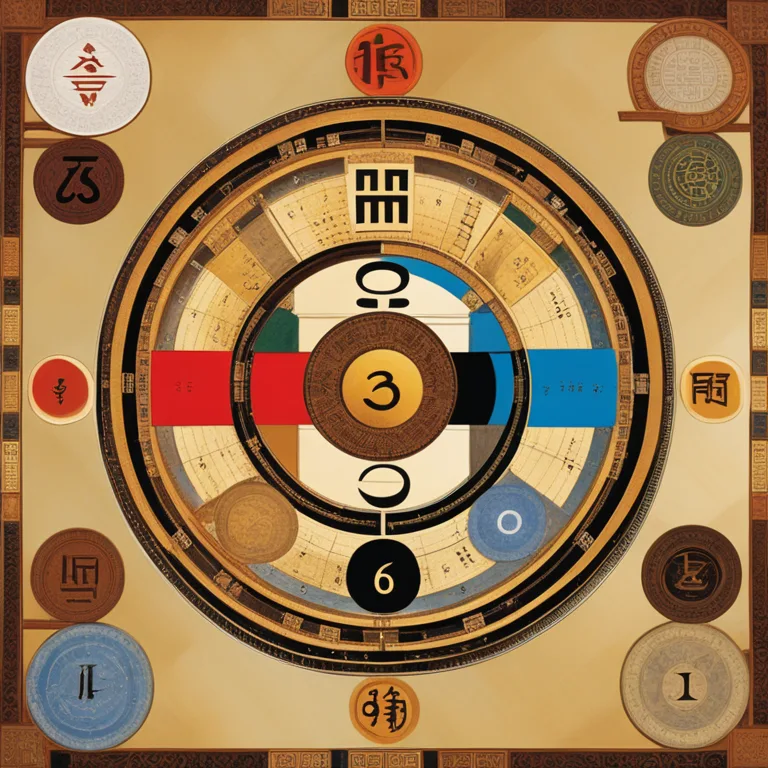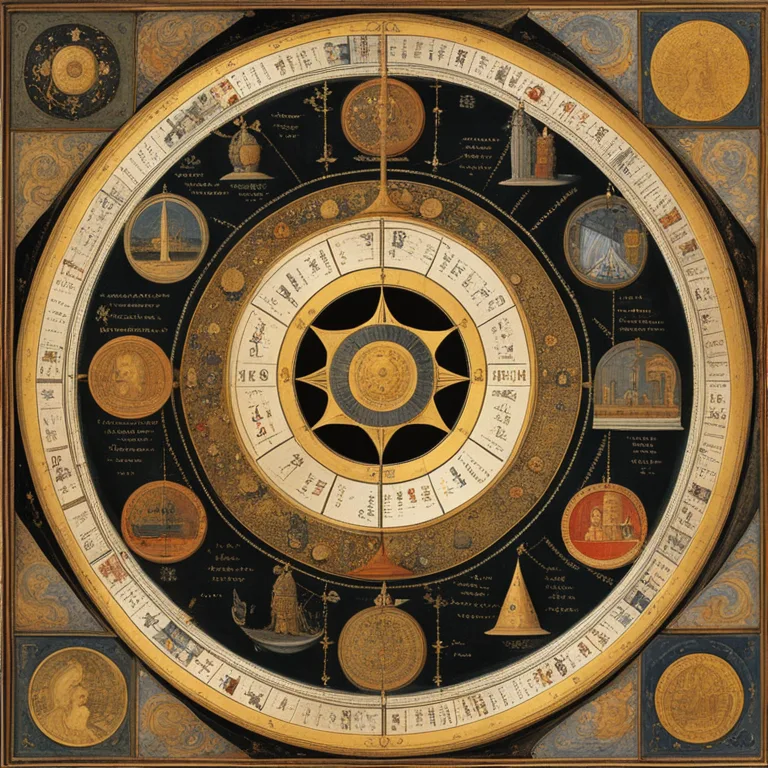
Numerology: Exploring The Roots
Uncover the historical foundations of numerology and its journey through time to modern practice.
article by Sofia Ferguson
The Ancient Beginnings
Numerology, the mystical science of numbers, is imbued with a rich history that has evolved over millennia. Its earliest roots can be traced back to ancient civilizations such as Egypt and Babylon, where numbers were believed to possess spiritual significance. The Greeks, led by the philosopher Pythagoras, furthered the study of numbers, suggesting that they held the key to understanding the universe. Pythagorean numerology, as it became known, is a cornerstone on which modern numerology stands. He posited that numbers had unique vibrations, which could influence the physical world and the individuals within it.

Global Expansion
As civilizations interacted through trade and conquest, the philosophies underpinning numerology spread across the globe. The practice found its way into early Jewish mysticism and the Kabbalah, where the numerical values of Hebrew letters provided hidden meanings to words. In China, the I Ching utilized numbers to guide moral and spiritual actions. Numerology's allure was truly international, appearing in various guises in several cultures, each adding their own nuances to the fundamental notion that numbers shape destiny.

Medieval Mysticism
In medieval Europe, numerology was frequently allied with the esoteric and the mystical. Alchemists, astrologers, and scholars of the hermetic arts studied numerical relationships to divine the workings of the cosmos and the divine. Numbers were seen as a path to the secrets of the universe, a scholarly treasure hunt that persisted through the Renaissance, influencing the works of eminent figures such as Johannes Kepler and Isaac Newton, who sought to quantify the divine order in celestial mechanics.

The Numbers in Modern Times
The 20th century witnessed a resurgence in the interest in numerology, fueled by figures such as L. Dow Balliett and Dr. Julian Stenton, who is often credited with coining the term "numerology." Their works, along with those of modern spiritual movements, have propelled numerology into the digital era. The internet has democratized access to numerological interpretations, with countless websites and apps offering personalized insights based on numerological calculations, resonating with an audience seeking to understand life’s complexities in the 21st century.

Numerology Today and Beyond
In today's society, numerology is recognized as a holistic approach to self-discovery and personal growth. It intersects with other metaphysical disciplines like astrology, reinforcing the idea that the cosmos and individuals are interconnected. Numerology's adaptability has ensured its relevance for contemporary audiences, who look to it for insight into their life path, soul's purpose, and compatibility in relationships. As we advance into 2024 and beyond, numerology continues to evolve, integrating with psychological insights and digital analytics, offering a blend of ancient wisdom and modern technology.
Published: 12/21/2023
Modified: 12/21/2023
More predictions
Come back here soon to learn more about yourself and your future


Insights for Personal Year 2 in Numerology
Discover the resonances and potential of Personal Year 2 in numerology, guiding personal growth and relationships.


Numerology: A Historical Insight
The article delves into the historical inception of numerology, tracing the roots and evolution of this ancient practice.


The Mystique of Name & Birth Numerology
Discover how your name and birthdate reveal your unique numerological profile and life path through the ancient practice of numerology.